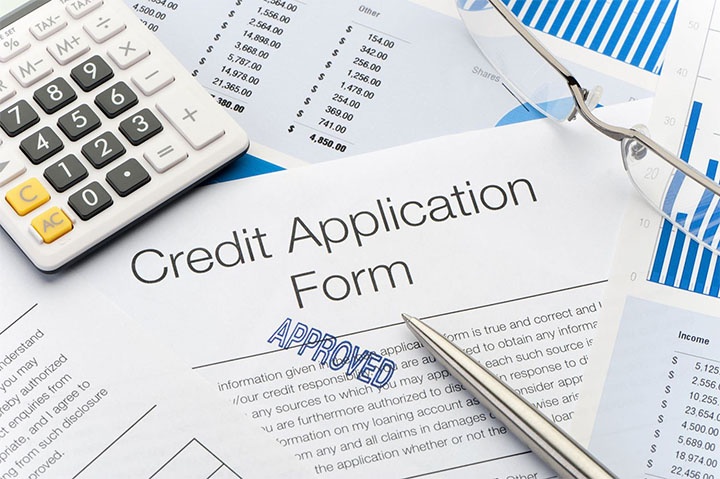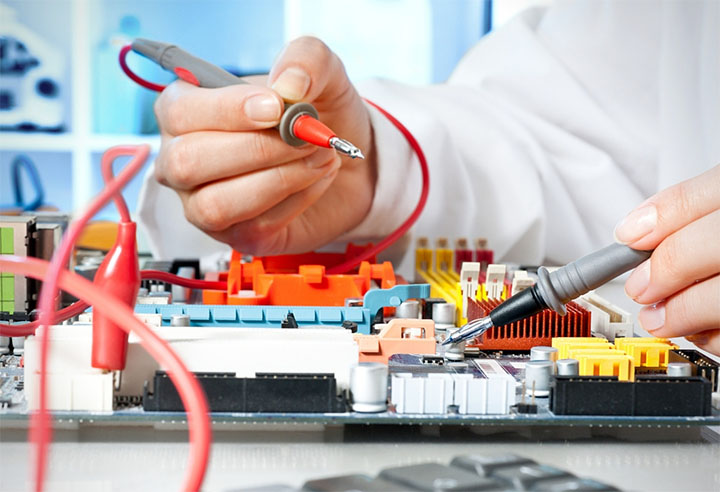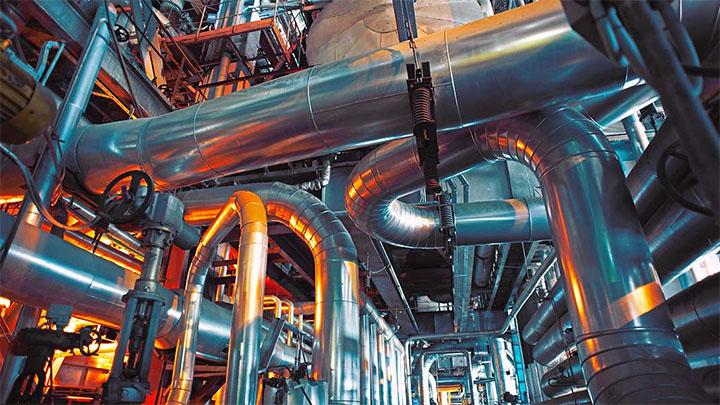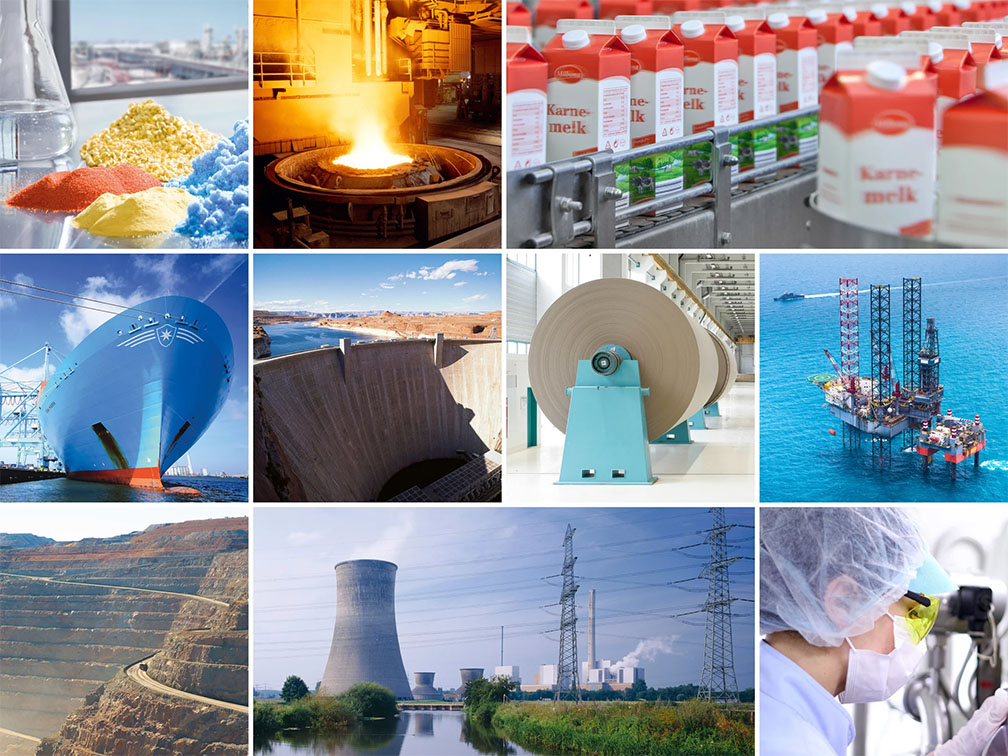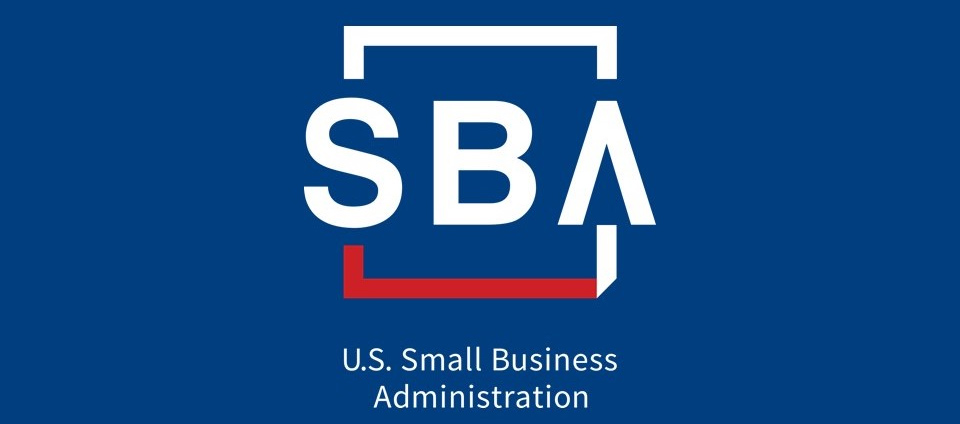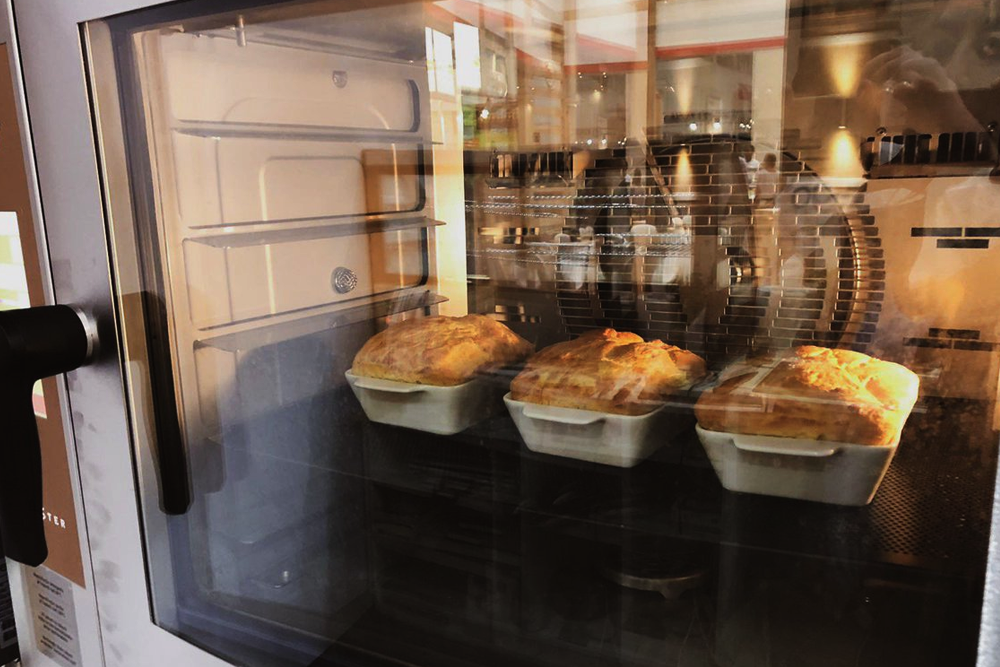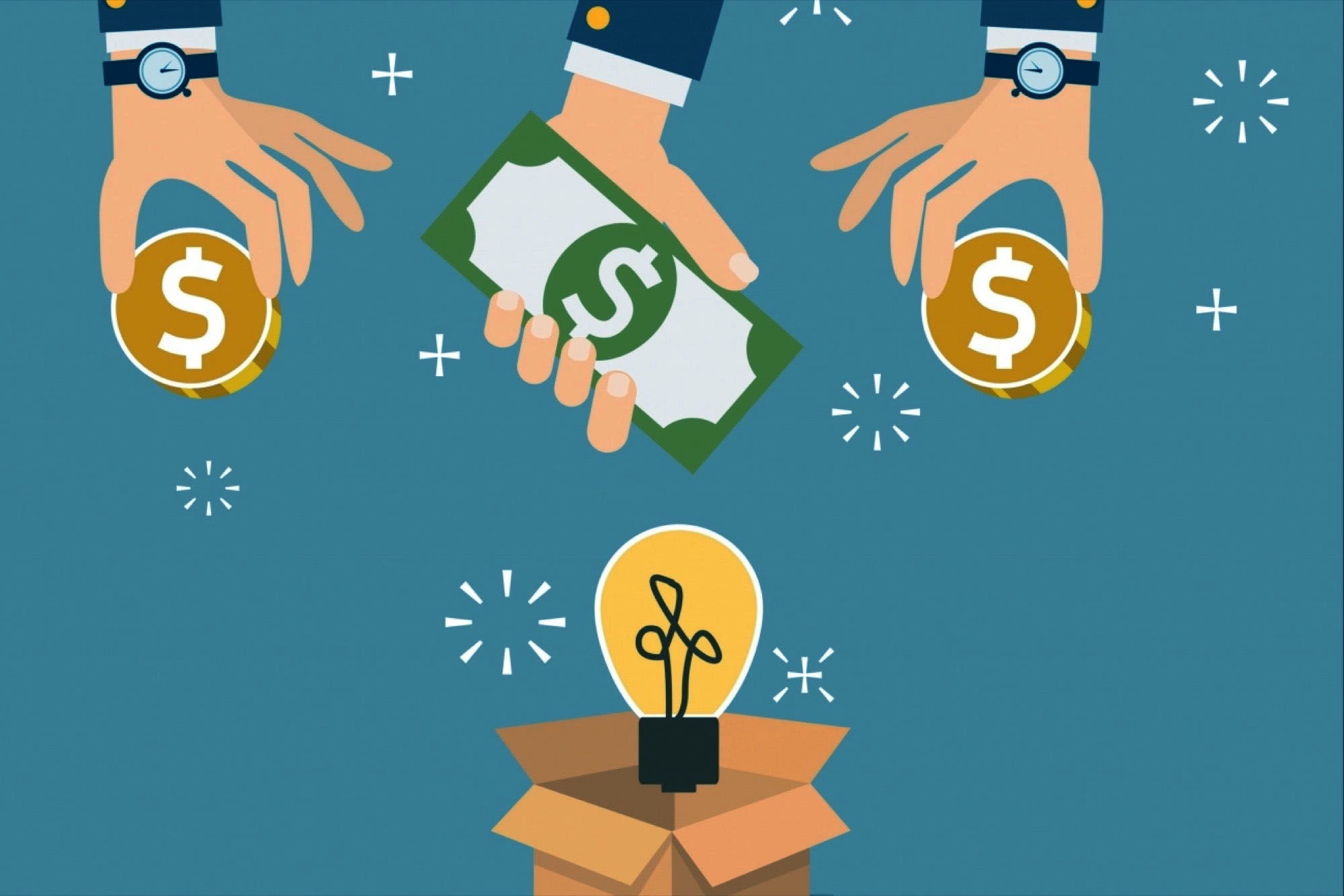Why you should get equipment financing?
If your business requires specialized operational equipment, you have a few different options for business equipment financing. Keep reading to find out how equipment financing works and why you should consider it.
- Why should you consider equipment financing?
- It can increase your working capital
- It helps your business keep up-to-date with the best equipment
- There are tax benefits for equipment financing
- It can free up other business lines of credit
- Equipment financing has an easy application process
- Hedge against inflation
- Equipment repairs might be covered
- You can choose from various payment programs
- What is equipment financing?
- What industries can benefit from equipment financing
- How to finance equipment purchase with SBA loans
- SBA loans terms and conditions
Why should you consider equipment financing?
Every business uses some kind of equipment in its daily operations — from basic tech devices such as cell phones and laptops to more specialized machinery such as diagnostics machines, tractors, or manufacturing equipment. As you might imagine, industrial machines and equipment can be expensive, and aspiring business owners do not have that starting budget. Even established businesses may not have enough to replace an x-ray machine or delivery machine when it breaks down.
That is where business equipment financing comes in. Whether you want to purchase computers for a growing team or invest in specialized vehicles, or machinery, you will need to consider how you will pay for that equipment. Business equipment financing can help you quickly acquire working capital to buy or lease the items you require for your business. You will be able to manage your cash flow and balance sheet seamlessly, as this business funding option will enable you to spread out your payments over a longer period of time. Here is how equipment financing can help your business.
It can increase your working capital.
One clear advantage of equipment financing is the increase in working capital that is available when a company decides to utilize equipment financing instead of large up-front equipment purchases. Almost every company owner experiences cash flow shortages at some point, or another and equipment financing offers businesses an option to free up working capital for other expenses. When a business utilizes up its working capital to make equipment purchases, the cash flow takes a big hit, which can leave many companies short. By making excessive use of equipment financing instead, business owners can use their working capital to fund other operating expenses.
It helps your business keep up-to-date with the best equipment.
Another advantage of equipment financing is that it enables businesses to always take advantage of technology advancement by allowing them to get the most efficient and effective tools without worrying about the up-front cost. One hindrance that prevents many business owners from obtaining the equipment necessary for the job is cost – new, state-of-the-art equipment is costly, and not all business owners can comfortably afford the newest equipment. Equipment financing offers business owners the option to acquire the equipment needed without the blow to working capital.
There are tax benefits for equipment financing
Another advantage of equipment financing is the business tax benefit. Typically, smart business owners know how to use tax breaks to their advantage, and it is significant to build strong relationships with tax professionals to capitalize on all of the possible benefits. With equipment financing, the borrowing business generally will make monthly payments to the lender over the course of the agreed-upon terms. With every payment, there is interest paid. For most equipment financing terms, that interest on the financing payments can be written off as tax-deductible.
Besides, there are even bigger tax benefits with equipment leases, mainly – for most lease programs, the business owner can remove the entire lease payment as a business expense, not just the interest paid. Therefore, over the course of the financing terms, with equipment leasing, the whole amount paid can be written off by subtracting the monthly lease payments on the annual tax report. Another tax benefit that comes with equipment leasing is one from government incentives written into the tax code. Following Section 179 of the IRS Tax Code, the total amount of equipment purchases via equipment leases can be written off. Even though the borrowing business does not pay the whole amount for the equipment during the year, they are still filing taxes. Therefore, the business owner can deduct the whole amount on their taxes for the year.
It can free up other business lines of credit and preserve your business credit cards.
By using equipment financing, you can free up other lines of credit. Rather than using a business term loan to apply for funds that will be utilized for new equipment purchases, small business owners that use equipment financing for their equipment expenses will still have other credit lines available. For instance, if a company wants to purchase a new piece of equipment but lacks the funds, they can apply for a business term loan and get a lump sum of funds from a lender. Some of the funds they could utilize to buy the new piece of machinery.
Nonetheless, in this case, the borrowing business will spend a large chunk of their business term loan on their equipment purchase, resulting in a working capital shortage. Rather than applying for equipment financing to take care of the purchase for the large piece of machinery, if the company runs into a working capital shortage, they will still have the alternative to apply for a business term loan later or use business credit card. Equipment financing also utilizes the equipment itself as collateral to secure the loan, so any other collateral that a borrowing business can provide can be used to secure extra financing products.
Equipment financing has a fast application and credit approval process.
Generally, there is one variation when it comes to applying for equipment financing, that is, the size of the equipment purchase. Equipment financing application for equipment costs up to $200,000 is extremely fast and easy, and the whole process – from application to closing – can usually be completed within twenty-four hours. Costs under $200,000 are regarded as “small ticket” equipment purchases. The application process is driven by the equipment’s kind and value and the borrowing business’s credit quality. If a borrower has a strong personal credit score, the company has been in good standing for a long time, high annual revenues, and the equipment being funded will hold its value, the borrowers can expect a very quick application process. For equipment that costs over $200,000, or “big ticket” items, the process is a little more sophisticated. For these larger equipment costs, the lenders will generally need business plans, your credit history, and the types of equipment you are financing, and the process might take up to a week or two. However, if you finance through online lenders it can take less time.
Hedge against inflation
Obtaining equipment financing really does help your business hedge against inflation risk. Consider the implication of placing a large down payment on equipment or paying for the total cost all at once. It will tie up your free cash and also make little financial sense in terms of inflation. Equipment financing will enable you to make a series of payments over time. The lender will be the one who absorbs the devaluation of these payments over the course of the financing term because of the inevitable inflation.
Equipment repairs might be covered.
Even though your employees and operators are careful with equipment, at some point, repairs and maintenance will be needed. By financing your equipment, you might be eligible to finance costly repairs that come up. Additionally, you may have some repair services included in the agreement. This is beneficial in several ways. You can get the equipment up and running without having to deal with the repairs yourself or having to pay an exorbitant fee at one time.
You can choose from various payment programs.
Conventional lenders generally have strict loan repayment programs with little, if any, flexibility. This is the exact opposite of the comparably flexible equipment financing. In some cases, full financing of equipment can be arranged without paying any down payment. This is quite an advantage for businesses that value cash flow.
Short-term working capital loans, equipment financing, and other small business loans are available through Top Financial Resources. We are currently providing short-term business capital loans. Borrowers with a credit score of 500 or higher will possibly be approved for this style of a loan after submitting an application and bank statements. We offer financing that will help your business reach the next level and customize financing solutions to meet your business needs. We also provide startup businesses loans and bad credit business loans. We have competitive repayment terms and interest rates. If you have any questions about our equipment financing offers or short-term working capital loans, do not hesitate to contact us by calling 1-(800)-260-5126. You can also check our website for success stories from our customers.
Use our business loan calculators to compare the best equipment financing or leasing options.
What is equipment financing?
Equipment financing describes a loan that is utilized to obtain business equipment. Commercial equipment can be tangible assets other than real estate examples, including computers, office equipment, medical equipment, and restaurant equipment. There are two equipment financing options-loans and equipment leases. With equipment financing, you acquire business equipment using a loan to buy it; the equipment acts as collateral for the loan. Leasing rather than purchasing equipment outright may be attractive for various reasons. For example, qualifying for a lease is simpler than a loan. Some leasing agreements offer a purchase option at the end of the lease.
Here are the basics of equipment financing:
- Equipment financing describes a lease or loan used to acquire business equipment.
- Whether purchasing the equipment or leasing is an ideal option depends on the nature of the equipment being financed and equipment financing companies’ terms.
- The financed equipment serves as collateral so you do not need to secure the loan with personal assets or personal guarantees.
- There are bad credit equipment loans, but they come with higher interest rates and low loan amounts
What industries can benefit from equipment financing?
Top financial resources offer business financing for virtually any kind of business including startups:
- Healthcare, Medical, and Dental Practices: Data have shown that patients will opt for a practice with the latest medical technology over those that don’t. Simply pay off large, costly purchases for machinery like CAT scans, MRIs, and dental laboratory equipment, and watch the returning customer base of your facility expand. Medical equipment qualifies for equipment financing at Top Financial Resources.
- Hemp Farms: Even though industrial hemp farming is legal today, thanks to the 2018 Farm Bill, it can still be challenging to get a loan if you are in this industry. Banks might be wary of providing financing for irrigation, cultivation, and harvesting equipment. However, we support farmers through equipment financing to help them produce hemp for everything from textiles to paper and construction materials and biodegradable plastics.
- Contractors & construction: Get all the heavy equipment financing funds you require to take on more projects and get them done quicker and easier. From construction trucks to tools, to the latest construction drone technology, small business equipment loans are improving the construction industry nationwide.
- Food Industry: Nightclubs, bars, delis, cafes, restaurants, and businesses of all types that sell products for public consumption all require working equipment to operate at all. With the right financing from equipment financing, small companies in the food industry can easily and quickly get the capital they require to replace or fix old or broken machinery, getting rid of any chance of halting or delaying business altogether, which can be damaging – even for a short time.
- Manufacturers: The field with the most demand for commercial equipment funding. Upgrading the machinery you have or purchasing a new one increases your output and speed of production. It also expands the variety of the products you produce, takes on more clients, and offers the best possible safety standards for your clients.
- Printing Companies: Whether you print custom apparel or paper products, you need a diverse collection of equipment to generate high-quality results. Equipment financing can help you to invest in:
- Invest in professional graphic design software
- Upgrade your computers to the latest models
- Stock your shop with the best printers, laminators, presses, cutters, and printing mediums to differentiate yourself from the competition.
How to finance equipment purchase with SBA loans?
Equipment leasing & loan options: SBA loan programs
The government backs several loans that small U.S.-based businesses can acquire from a traditional bank, credit union, alternative lenders, or other lending institution. Here are some SBA loan programs that you can consider to fund your equipment purchase:
- Paycheck protection program (PPP loans)
- cdc504 loan
- SBA 7a loan
- SBA Express
The small business administration SBA 7(a) loan is the most common of these commercial loans. These loans have low interest rates and loan terms of up to 10 years. The money from the SBA 7(a) loan can be utilized to finance the purchase of equipment and real estate, and other business purposes. Here are some basic SBA loan requirements:
- Your company must operate for profit. Not-for-profit and nonprofits do not qualify.
- You should have some equity in the company—this could mean you already have a profitable company or utilize your own personal equity as security.
- If you have any alternative financing options, you must have utilized them first to qualify for equipment financing through SBA loans.
- You should have a good business and personal credit score
Do not restrict yourself to SBA loans, equipment financing, and leasing; there are other equipment loan options such as merchant cash advances, invoice factoring and term loans.
SBA loans terms and conditions
| Maximum loan amount you can borrow | $5 million |
| Interest rates | Borrowers and lenders can negotiate the interest rate |
| Eligibility decision | By SBA. Qualified financiers might be granted delegated authority to make qualification determinations. |
| Turn around time | Five to 10 business days |
| Revolving lines of credit | Up to ten years |






